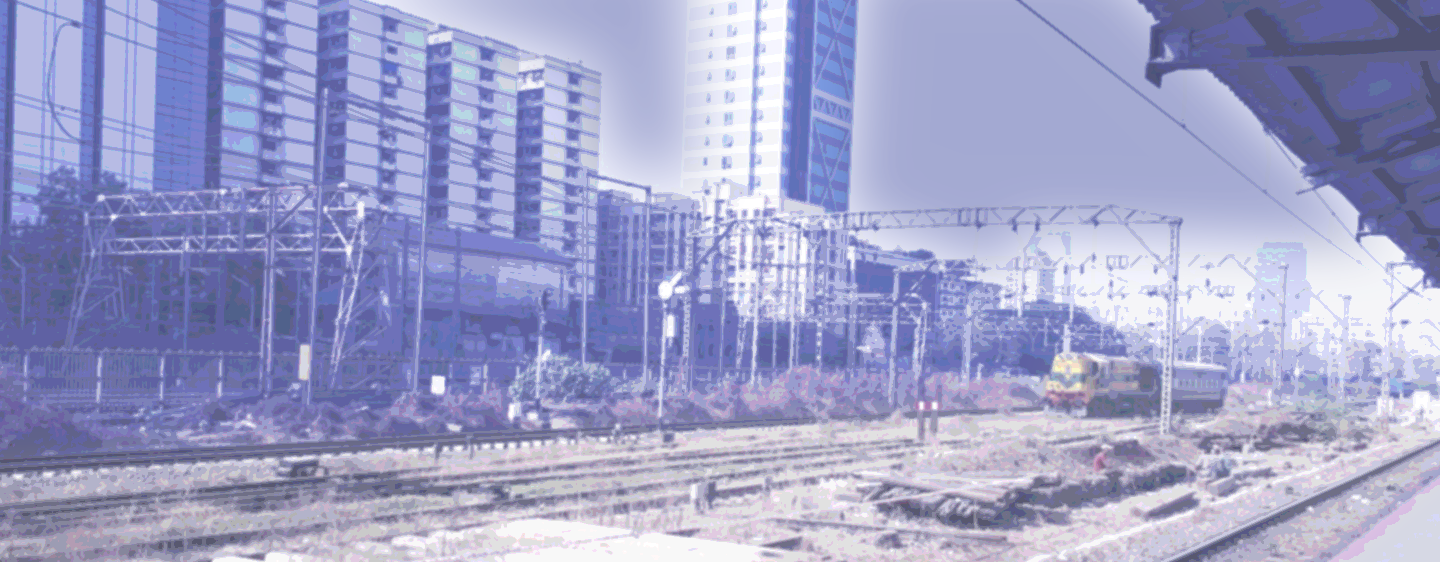The Union cabinet recently approved long-term leases (99 years) for land and airspace around railway stations to private infrastructure developers in exchange for station redevelopment.
This is a welcome and much-required move on the part of the Union government. A lot of financial and administrative resources can hence be freed up. The government can proceed to focus on its core tasks of maintenance of law and order, governing effectively and ensuring national security.
Most of India’s railway stations are in a dire need of redevelopment. Indian Railways initially plans to redevelop 400 stations across 100 cities with approximately 2,700 acres of encroachment free land available for commercial development in multiple phases. According to the government, the program has an estimated outlay of about Rs. 100 lakh crore. This is a costly affair especially when we take into account the massive number (approximately 8000) of railway stations we have and the annual passengers(approximately 8 billion) they serve. Private players can help with this if they have an incentive to do so. By leasing out the land and airspace around the stations for a long period of time, an incentive is created that would enable developers to build integrated hotels, office and shopping complexes. These would be avenues for them to get a return on their initial investment.
A few stations such as Habibganj in Bhopal, Katra in J&K, Anand Vihar in Delhi among others have already been approved for redevelopment in this pattern. Some trade centres, hotels, shopping complexes, convention centres, exhibition centres and meeting centres around such railway stations are already under construction.
Several big real estate firms such as Tata Realty, Shapoorji Pallonji, Reliance Infrastructure, Larsen and Toubro, and Essel Infraprojects have been insisting on long leases for undertaking station redevelopment.
Historically, we have seen long delays with the completion of government projects due to the lack of accountability. The Ministry of Railways, along with its multiple arms takes care of the redevelopment and in case of delays and going over-budget, just asks the Central government for an extension and additional funds. In all this hassle, it is the taxpayer that loses out on both their money as well as access to services. Contrary to this, the private developers would have more of an incentive to ensure that the work is completed on time since it’s their own money on the line in case of any delays and the losses arising from the same. Additionally, more money would be available for individual redevelopment projects since different developers would be responsible, instead of the government footing all the cost.
The Union Government has a lot of surplus land and taking this measure further would be ideal. Urban housing shortage in India stands at 18.78 million right now according to a government report. Moreover, real estate prices have been skyrocketing which further makes the existing houses out of bounds for most people. This shortage in housing stock and ensuing rise in prices is generally attributed to the lack of space for construction in cities but that reason doesn’t address the actual problem. There are empty lots of land, land that’s lying fallow and encroached tracts of public land that add on to this manufactured scarcity for land. The Ministry of Defence owns vast tracts of land in a lot of Indian cities that are not even used. Leasing them and other properties currently controlled by the government will go a long way in reducing this housing shortage in Indian cities, also helping ease pressures on the transportation system which would lead to higher quality of life since commutes would be both shorter and less congested.
Here’s to hoping that the government takes more such steps soon.

